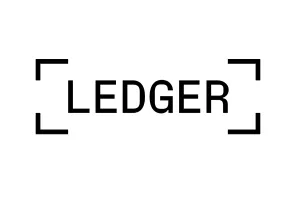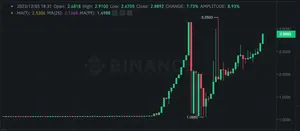Attackers exploited old smart contracts from the NFT Trader peer-to-peer NFT trading application to steal pricey NFTs, including at least 37 Bored Apes, 13 Mutant Apes, and NFTs from the VeeFriends and World of Women collections. Some ETH and APE tokens were also stolen. Altogether, the stolen NFTs are priced at around $3 million, though the hacker may not be able to liquidate them for that ammount.One attacker claimed in on-chain messages that the original attack had been perpetrated by someone else, but that they were one of the many copycat attackers, describing themselves as someone who had "[come] here to pick up residual garbage". They requested victims send additional ETH to get their NFTs back. "If you want the monkey nft back, then you need to pay me a bouty, which is what I deserve", they wrote, asking for NFT holders to send them 10% of the Ape floor price.
Meanwhile, NFT holders were urged to revoke access to NFT Trader, since the platform seemed aware of the attack but unable to stop it. NFT Trader was ultimately able to thwart the attacker to stem additional bleeding, likely thanks to help from community members who pointed out a way the contract could be shut down.
Later, the "residual garbage" attacker returned 36 Bored Apes and 18 Mutant Apes after a Yuga Labs co-founder paid the 120 ETH (~$260,000) ransom.










































